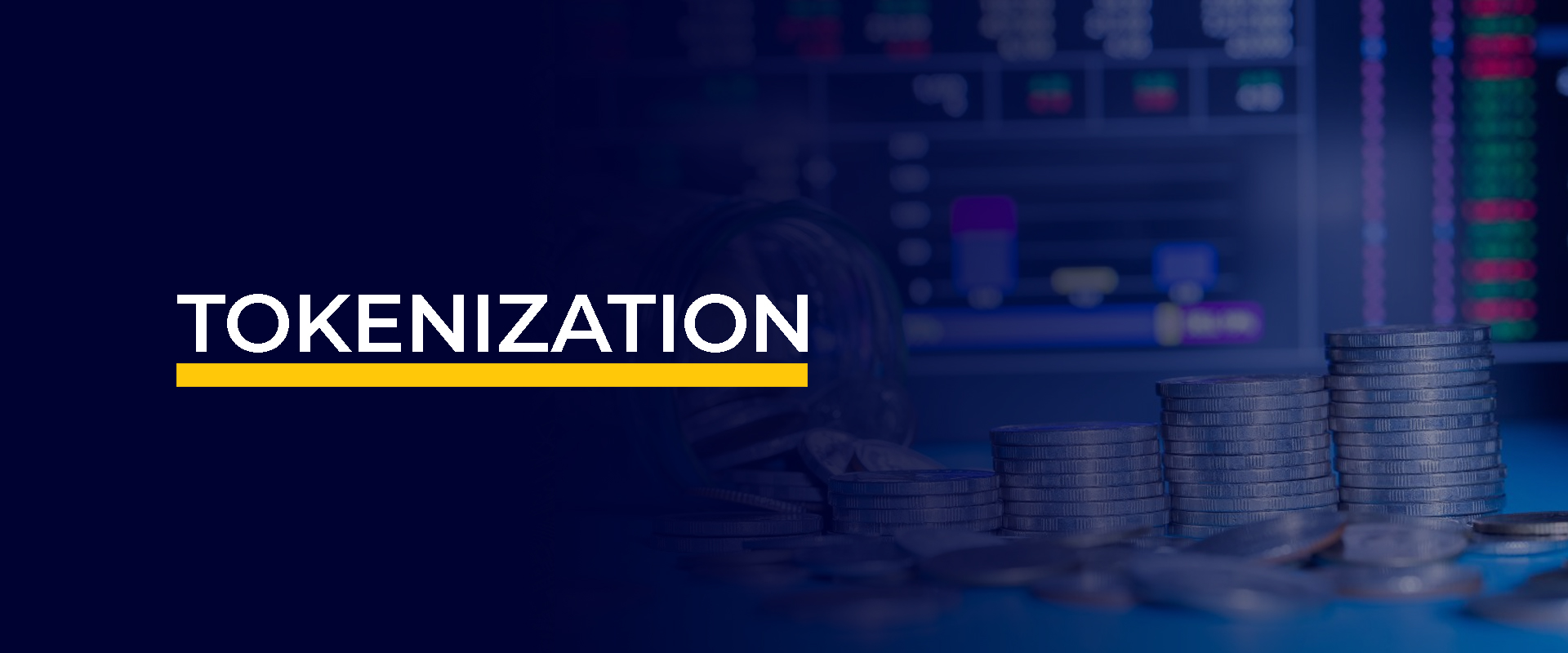

Get 93% OFF on Lifetime
Exclusive Deal
Don’t miss out this deal, it comes with Password Manager FREE of cost.
Get 93% off on FastestVPN and avail PassHulk Password Manager FREE
Get This Deal Now!By Nancy William No Comments 5 minutes

In recent years, the concept of tokenization has gained big traction. It presents investors with revolutionary ways to digitize and trade a huge variety of assets.
Note – Tokenization creates space for much more secure online investments for stocks, land, artwork, etc. However, if you’re still in the works of focusing on investments like Cryptocurrency, ensure that you use the best VPN to secure your connection. FastestVPN helps make safer online transactions a reality.
These assets climb far beyond traditional cryptocurrencies. Here, we discuss how tokenization paves the way for the future of making investments, its challenges, and more.
Tokenization represents actual international assets, including estate, stocks, artwork, and commodities, as virtual tokens on a blockchain community. This procedure unlocks new opportunities for fractional possession, liquidity, and accessibility, revolutionizing the manner in which we consider investing.
In this guide, we’ll explore the upward push of tokenization, its potential advantages, and the numerous arrays of digital assets available for funding. Investing attracts us all, but not everyone can make the most of it! Spark Genesis AI, an investment education firm, can help you grasp the concepts of investing easily.
Understanding tokenization entails the creation of digital tokens that represent ownership rights to real international belongings or economic devices.
These tokens are issued and recorded on a blockchain or allotted ledger, presenting transparency, safety, and immutability.
Each token is uniquely identifiable and can be transferred, traded, and exchanged peer-to-peer without intermediaries like banks or brokers.
Tokenization gives several potential benefits for buyers and asset proprietors. This democratizes access to funding opportunities and expands the pool of capacity buyers. Its benefits include:
A huge range of assets can be tokenized, which includes, however not limited to:
While tokenization gives several benefits, it additionally offers demanding situations and concerns for buyers and asset proprietors:
The upward push of tokenization is reworking how we reflect on considerations. This also includes investing, imparting investors new opportunities. It helps digitize and exchange an extensive range of property in the digital economy.
By tokenizing real-global property, traders can unlock fractional possession, decorate liquidity, and enhance accessibility to funding possibilities. While tokenization offers numerous blessings, it also comes with challenges associated with law, liquidity, custody, and market volatility.
Take Control of Your Privacy Today! Unblock websites, access streaming platforms, and bypass ISP monitoring.
Get FastestVPN
© Copyright 2025 Fastest VPN - All Rights Reserved.


Don’t miss out this deal, it comes with Password Manager FREE of cost.
This website uses cookies so that we can provide you with the best user experience possible. Cookie information is stored in your browser and performs functions such as recognising you when you return to our website and helping our team to understand which sections of the website you find most interesting and useful.
Strictly Necessary Cookie should be enabled at all times so that we can save your preferences for cookie settings.
If you disable this cookie, we will not be able to save your preferences. This means that every time you visit this website you will need to enable or disable cookies again.